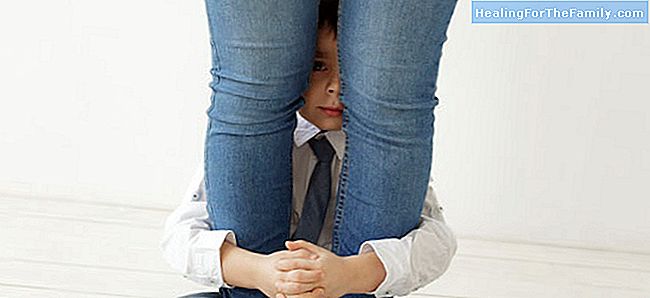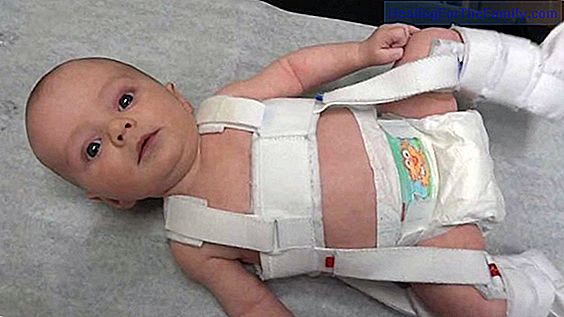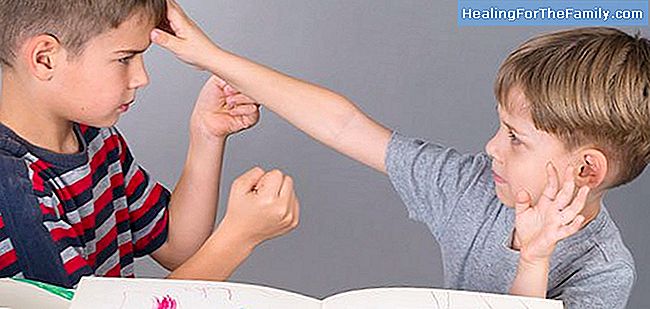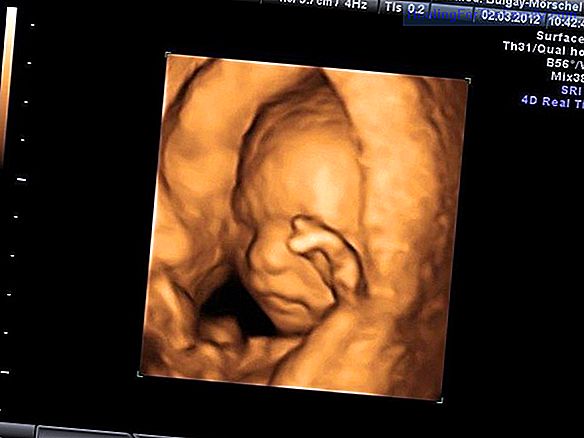Why parents should not answer for children
Who has not ever lived that scene where they ask something to a child and parents answer for him? This is more common than we imagine. Parents want their children to learn to be independent and, in addition, to obtain the necessary social skills to function naturally and decisively in life. But by a
Who has not ever lived that scene where they ask something to a child and parents answer for him? This is more common than we imagine.
Parents want their children to learn to be independent and, in addition, to obtain the necessary social skills to function naturally and decisively in life. But by acting as their "spokespersons" and responding to the children what they get is quite the opposite since the children, unable to answer for themselves, can not participate directly in this process, so they will become victims of overprotection.
Consequences of responding to children

If, instead of supporting the child, guiding and helping him to grow and evolve in an optimal way, we monitor and respond to everything for him, the child will have a poor development of his social skills, adopting a stance of passivity and comfort, since it internalizes that their parents will always be there. This will make you dependent on them. And it will bring with it other consequences such as:
- That the children lose the opportunity to learn the necessary resources to stand on their own.
- His self-esteem is so low that he will not have self-confidence lo, which will make the child believe that he is not capable of solving his own difficulties.- They will not learn tolerance to frustration.
- Children will be competentes less emotionally competent. They are more likely to be victims of bullying and in the long run will be less happy.
The shyness of the child, an excuse It is very likely that children when they are small are shy. This manifestation is a logical and very habitual response of the little ones to the strangers. In these situations many times parents use the label: "the child is shy" as an excuse to shield the child and answer for him.
Acting like this can have a negative effect, depriving the child of the opportunity to acquire the necessary social tools to relate to others and guiding him towards social isolation.
How to avoid overprotection by responding to the child
In order for the child to optimally develop his personality and learn the skills necessary to relate to others, it is important that they manage to do things without help, that is, allowing them to act alone on more occasions and use their own resources. It is in the parents' hands to avoid overprotection with this type of behavior. To do this:- Parents should not anticipate
, nor should they answer for the little ones to prevent them from making mistakes. They must let them face difficulties and develop skills on their own.
-
Treat the child according to his age . If you have the capacity to answer on your own, let him do it.- Being by his side and
accompanying him to solve his problems but not doing it for him. That he knows that the parents are for when the little one needs it.












